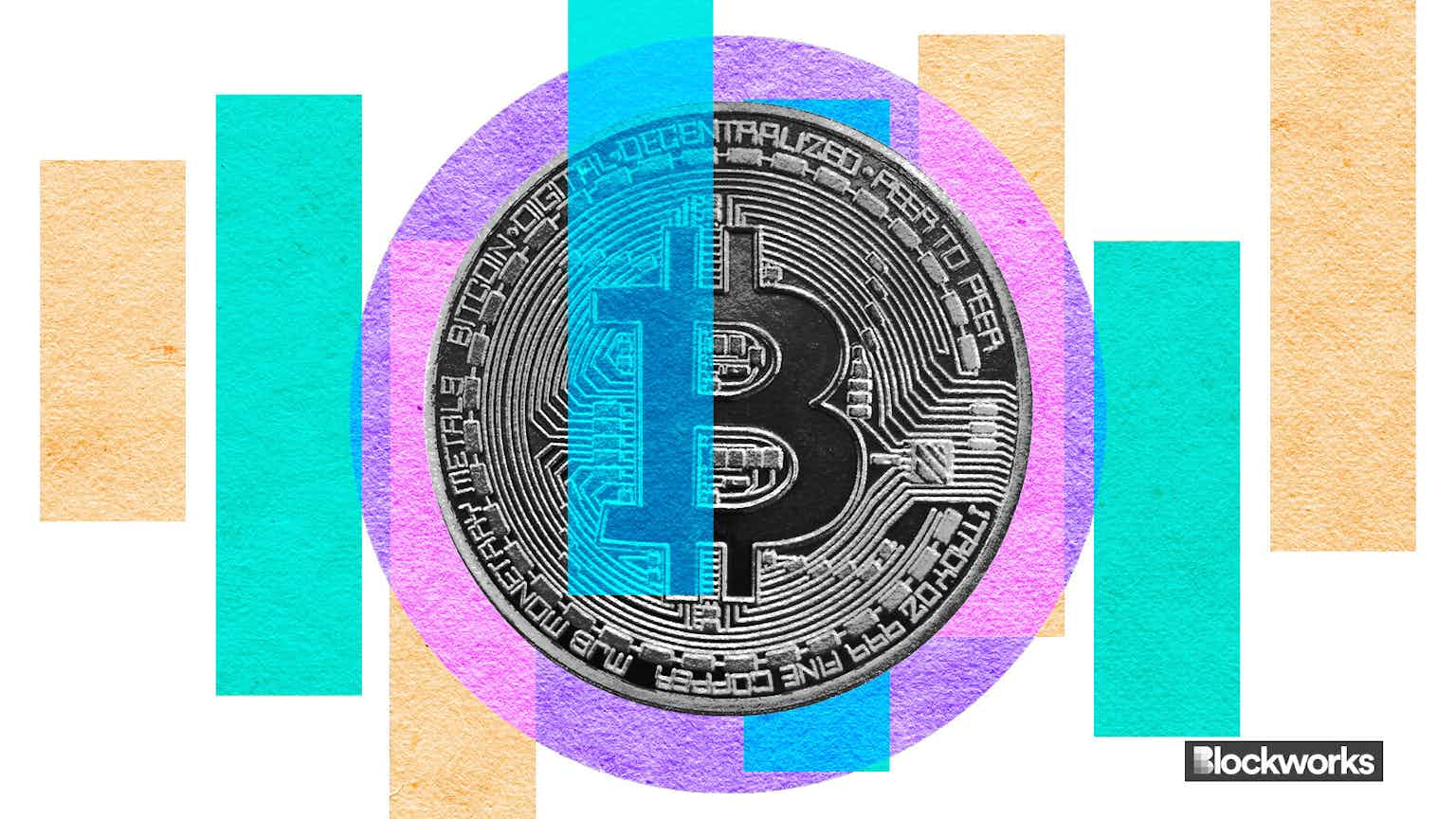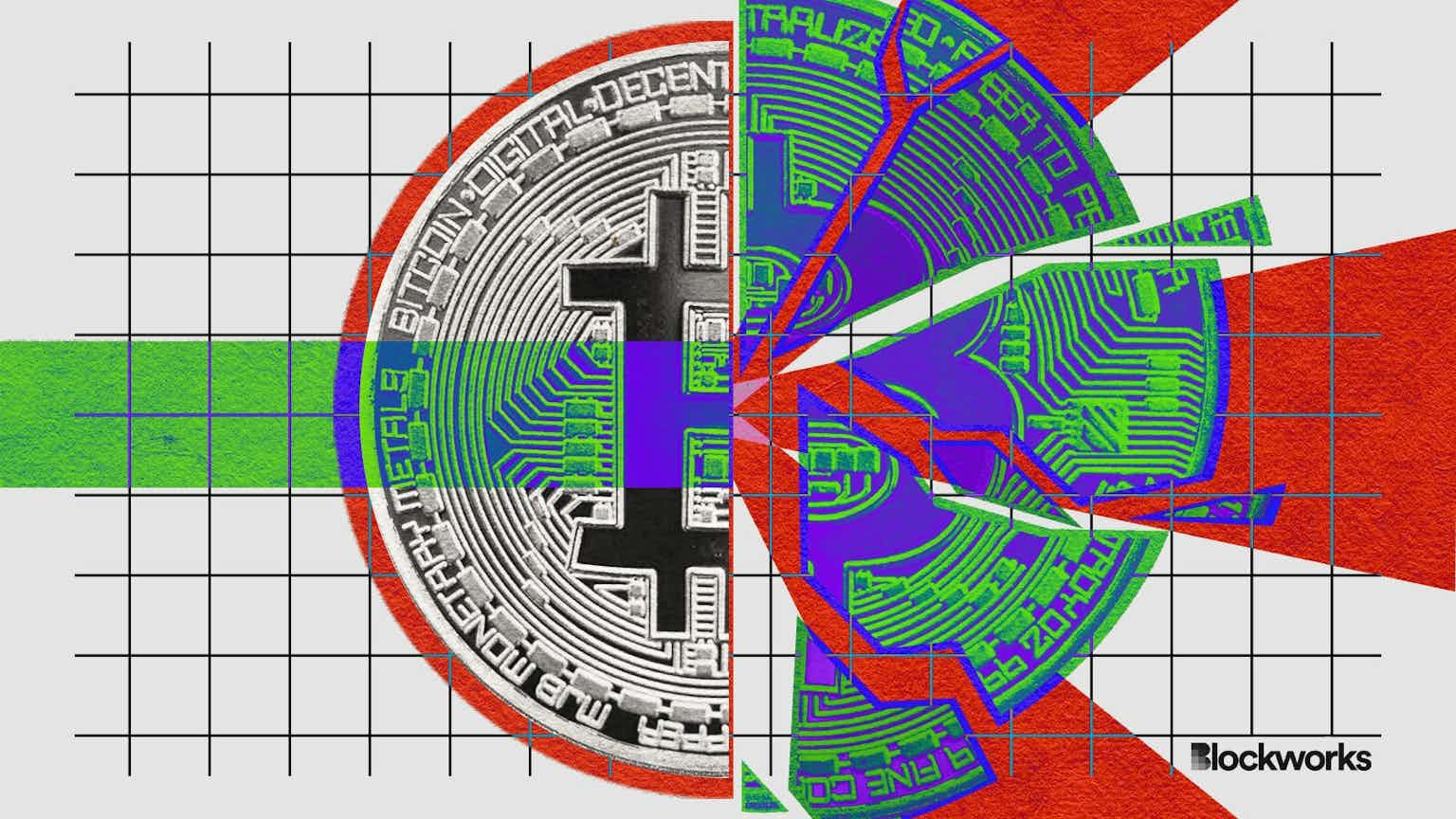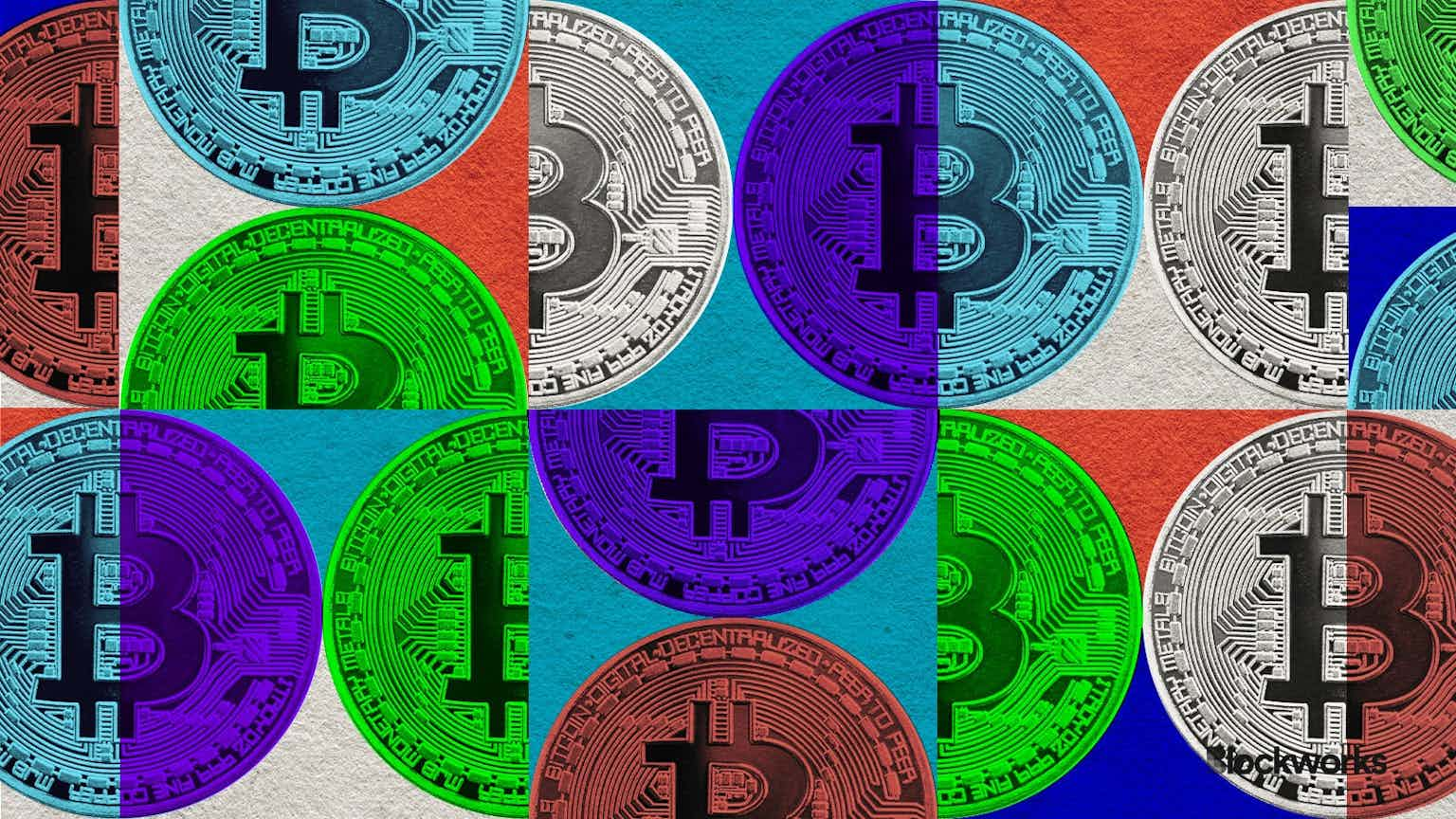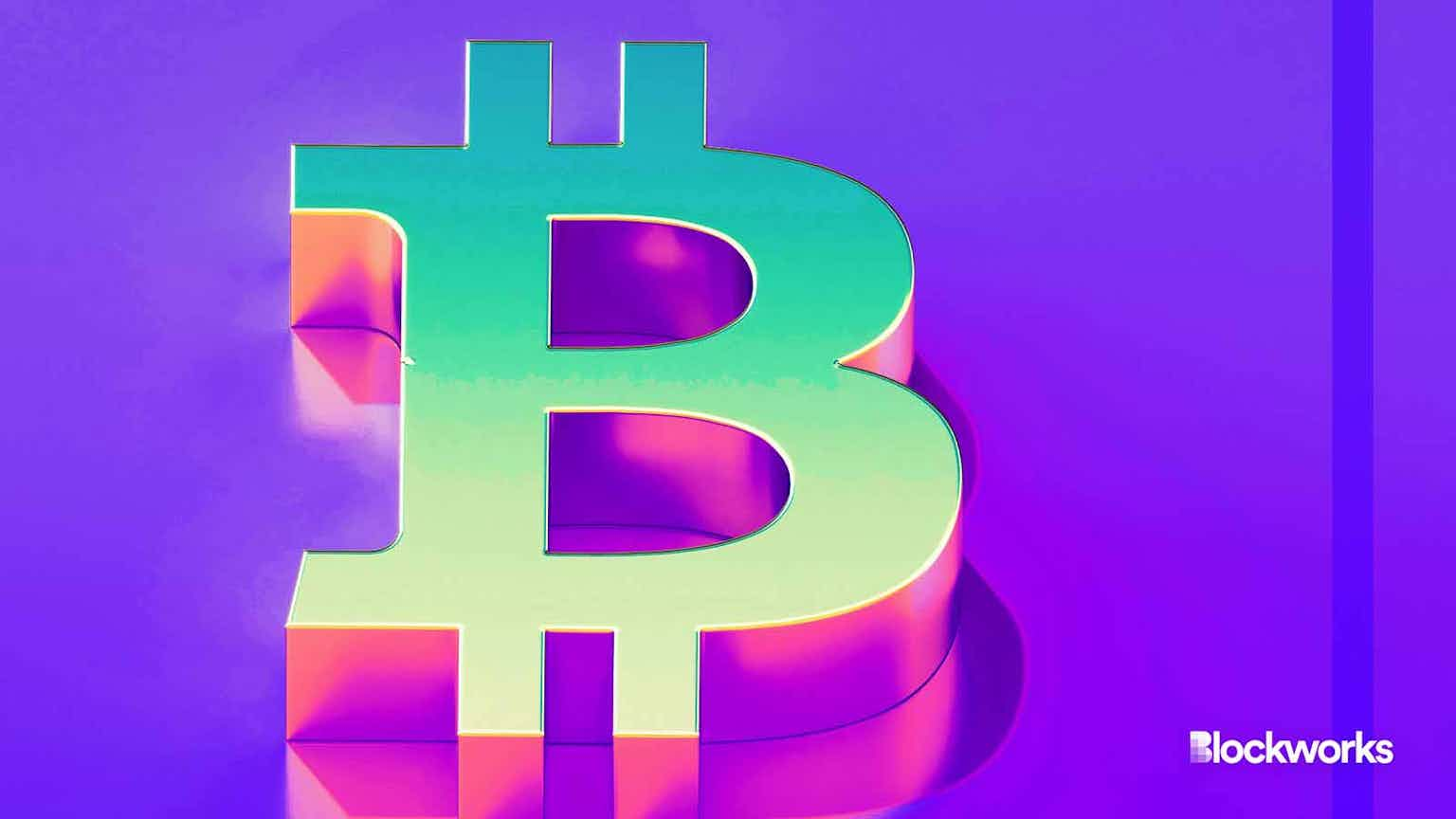Large Institutional Transactions Push Total Value Locked in DeFi to $239B
The growth has come despite a series of high-profile hacks that resulted in the loss of hundreds of millions of dollars

Source: Shutterstock
key takeaways
- Transactions of more than $10 million became the largest segment of DeFi transactions by volume
- Hackers made off with $3.2 billion in cryptocurrency in 2021, according to Chainanalysis
Total value locked in DeFi increased from $601 million at the start of 2020 to $239 billion so far in 2022, a nearly 40,000% rise, according to a new research report.
The report’s author, blockchain data provider Amberdata, said the massive rise is “still in the early stages,” adding that total value locked (TVL) should “increase dramatically” in the next few years as institutions enter the market.
Large institutional transactions, which blockchain analytics company Chainalysis defines as above $10 million, became the biggest segment of DeFi (decentralized finance) trades by volume beginning in the fourth quarter of 2020 and grew to over 60% of transaction volume by the second quarter of 2021, according to the company.
Even as more capital floods DeFi protocols, the industry remains vulnerable to hacks. In 2021, hackers made off with $3.2 billion in cryptocurrency, according to Chainanalysis data.
Ronin Network, an Ethereum-linked sidechain used for blockchain gaming group Axie Infinity, was breached in late March for roughly $600 million, or 173,600 ether, as well as $25.5 million USDC. Federal investigators later confirmed that North Korea-based hacker Lazarus Group led the hack.
DeFi protocol Wormhole suffered a $326 million hack in February — then the second-largest such incident to date. The largest hack in DeFi, and all of crypto, is still the August 2021 $600 million Poly Network hack.
The crime was attributed to a figure that went by the name “Mr. White Hat,” who, in an interesting turn of events, was later offered a security position at the interoperability protocol.
Despite mounting security concerns, researchers at Amberdata insist use cases for DeFi technology are only just emerging, particularly when it comes to financial infrastructure and efficiency.
DeFi can offer new solutions for data storage, meaning financial services companies could save resources on infrastructure development, the Amberdata report said.
“For example, a retail bank that maintains ATMs and branches needs to maintain data connections between those endpoints, its corporate offices, and the data center(s) where that data is stored,” researchers wrote. “This bank could leverage a DeFi solution on a private blockchain that reduces data center needs only to what is necessary to maintain blockchain nodes.”
DeFi-enabled smart contracts can also speed settlement times and support complex financial transactions, researchers added.
“In 2021, the global financial services market was estimated to be worth more than $23.3 trillion, meaning that at present, DeFi accounts for about 1% of the total,” the report said. “An increase to just 5% would see over a trillion dollars flow into the space.”
Don’t miss the next big story – join our free daily newsletter.





